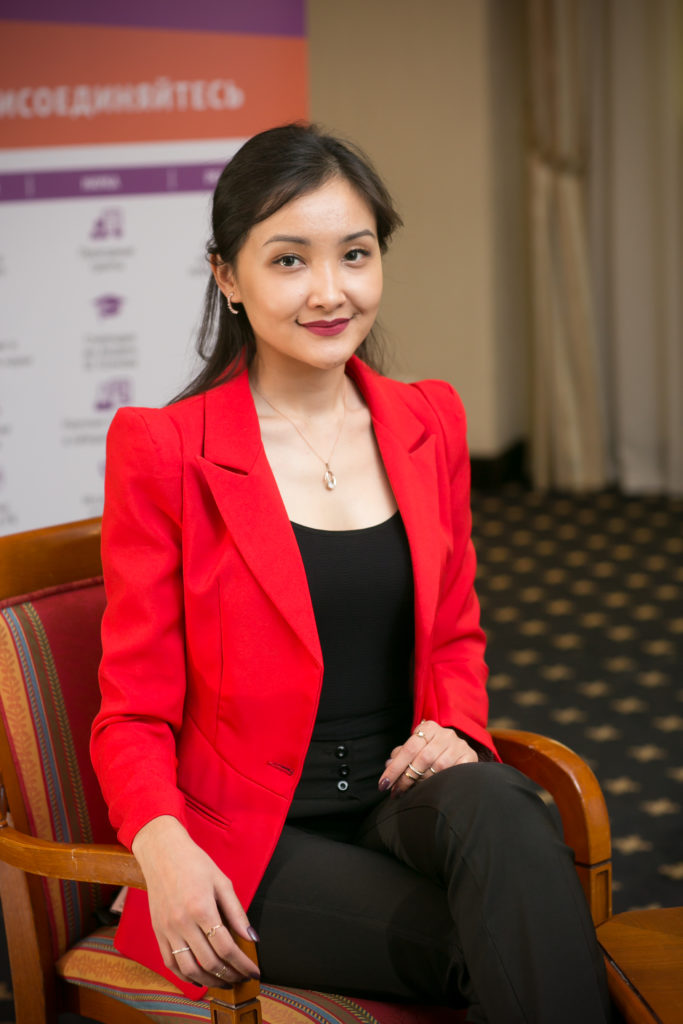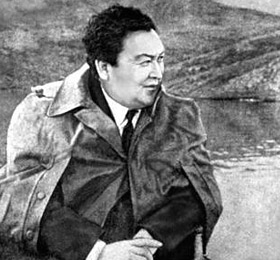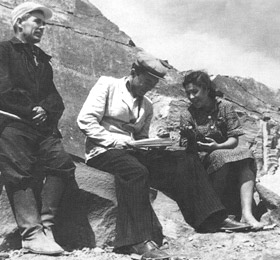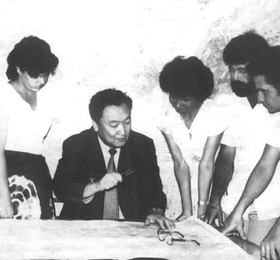Saltanat Tolegen
Specialization: automation and control. Yessenov Scholarship recipient.
 As a child this 23-year-old Karaganda native, disassembled TV remotes and more complex equipment. Later in her life it was microchips and circuit-boards. While this alone is not enough to get professionally involved in robotics, but still… This is also the first time that the Yessenov scholarship has been used for charity.
As a child this 23-year-old Karaganda native, disassembled TV remotes and more complex equipment. Later in her life it was microchips and circuit-boards. While this alone is not enough to get professionally involved in robotics, but still… This is also the first time that the Yessenov scholarship has been used for charity.
Why and how did you choose this specialty?
As I was growing up I somehow learned how to use a soldering iron. And when I saw Japanese robots in science fiction films, I really wanted to create a robot. So gradually I found myself in robotics. And in high school, when it came to choosing a specialty, I learned that in KSTU there is “automation and control”, where they teach programming, soldering chips, production of controllers for programming, and most importantly – there is “mechatronics and robotics”.
How and why did you decide to apply for a scholarship.?
Once I saw the informationabout the scholarship online, I got interested and decided to find out what criteria are used to choose the winners. I was surprised that I did not know anything about the Foundation before. After reviewing the criteria, I realized that I was eligible and decided to try, I thought: “at least I will get a new experience.”
How was the competition for you?
First I put together a package of documents, and wrote an essay on the topic “Convince us to invite you to the third stage.” Later on the Foundation’s website I saw myself in the list of those who went to the second stage. Then there was a stage with questions in Kazakh, Russian and English to understand how well I know them and whether I know how to express my opinion. After passing that, I was in the final. I was invited to Almaty, and the foudnation paid my expenses. There was training, a business game. Psychologists worked with us, conducted team games, asked questions on logic and general knowledge, revealed our strengths and weaknesses, leadership skills, our ability to work in a team, etc. It was the first time I had done something like this, but it helped me to to overcome the excitement and embarrassment.
And did the scholarship help you financially?
Yes, it did. I volubnteer in the young-persons charitable organization “Akniet” in the University. We often organized fairs, concerts, visits to orphanages and nursing homes. Naturally, all at our own expense. The Foundation’s scholarship helped me to organise many such events. And since I was also engaged in scientific activities, I wrote articles and a diploma project, and being the holder of the scholarship helped me to publish these articles in international scientific journals.
What are you doing now and what do you plan to do in the coming year?
I’m finishing my second year of a master’s. After graduation, I want to become a teacher, and in parallel to prepare for IELTS and doctoral studies. In Japanese, there is the word “ikigai”, which literally translates as “the meaning of life” and means the ability to find satisfaction, joy and awareness in what you do every day. I think teaching is my ‘ikigai’. By the way, now I work in the educational center ‘Let’s Study’.
What are your interests? What do you like to devote your free time to?
Reading books, watching TV shows and movies. In books and films I like intricate plots which you are hard to get your head around. Programming and drawing are two of my other interests.
29.05.19, Stories
Seen by: 688




